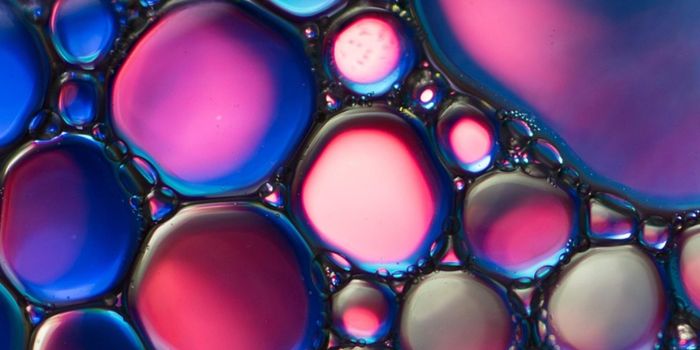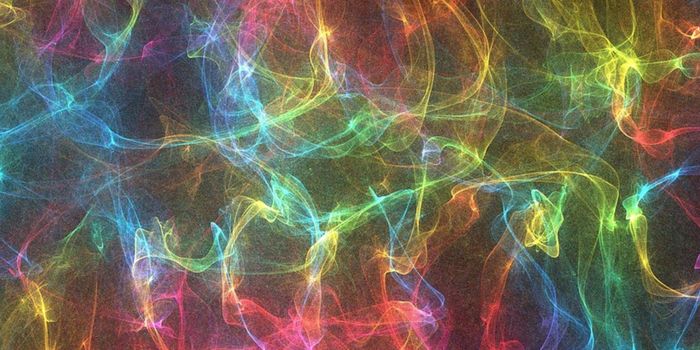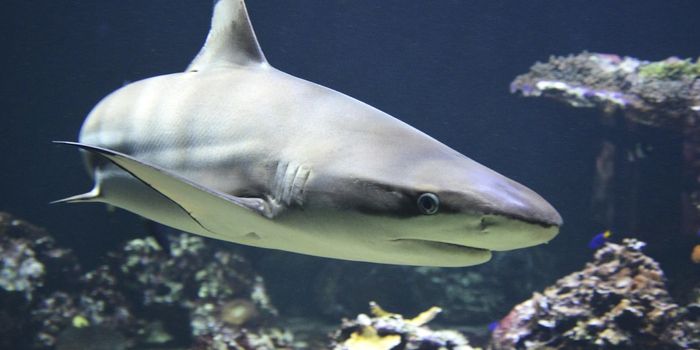Cancer Cells in the Lab Aren't Like Cancer Cells in the Body
To study biology, researchers need models. Once those models might have been a bit limited to organisms like rats or mice, or a cell culture line that grows in a dish. But there are obvious and subtle differences between those models and the physiology or disease of humans. A new report in Genome Medicine has compared human cancer cell lines that are taken from patients and grown in laboratory culture dishes to cancer in patients; it suggested that human cancer cells in dishes are not genetically similar to those in humans.
This work can help scientists improve research models, work that's already been ongoing for many years. Organoids, for example, are miniature models of human organs that contain multiple cell types and grow in three dimensions. The study authors noted that tumoroids, which are three dimensional miniature tumor cell models, or genetically engineered mice are more suitable cancer research models that can provide more physiologically relevant insights into the genetics and biology of cancer.
"It may not be a surprise to scientists that cancer cell lines are genetically inferior to other models, but we were surprised that genetically engineered mice and tumoroids performed so very well by comparison," said lead study author Patrick Cahan, Ph.D., associate professor of biomedical engineering at Johns Hopkins University.
The method developed in this study is called CancerCellNet. It uses computational tools to compare gene activity in a research model to a cancer genome atlas. The scientists determined that data from genetically engineered mice and tumoroids was most closely aligned to the baseline data from the genome atlas in four of five types of tumors that were tested.
The study authors said that this research supports the idea that in the lab, cancer cells aren't growing in a tumor microenvironment like they are in the body, and they're very different as a result. Cancer cells start to change once tumors are taken from their natural environment, said Cahan.
The team is planning to add more data to CancerCellNet to improve its reliability.
Sources: Science Daily via Johns Hopkins University, Genome Medicine









